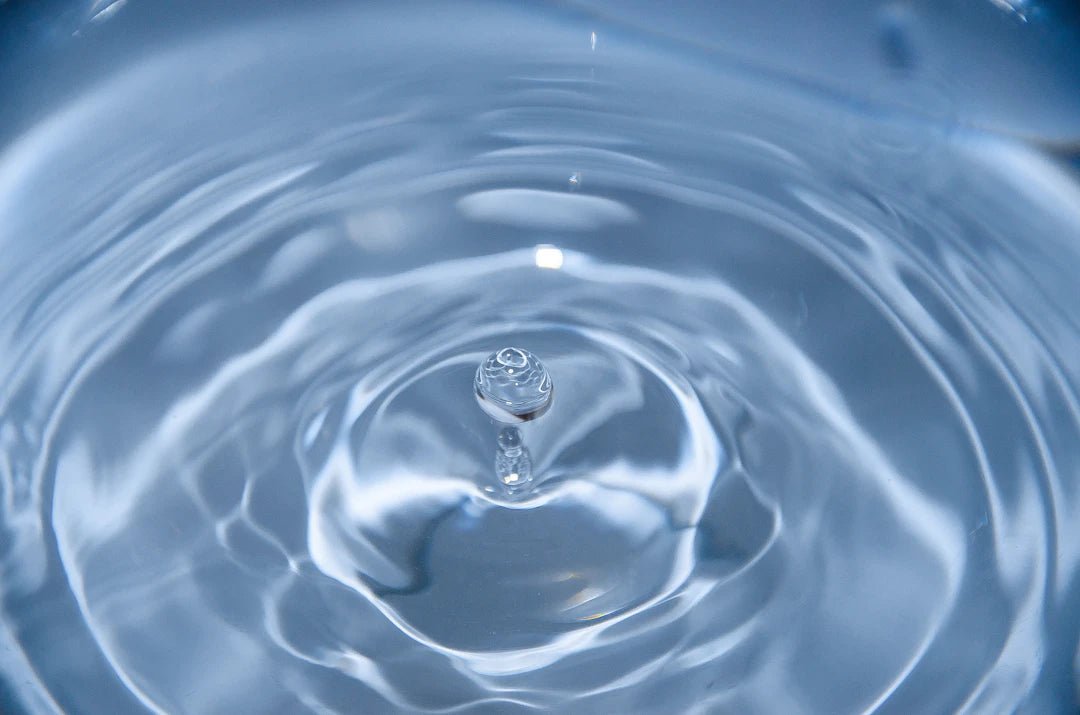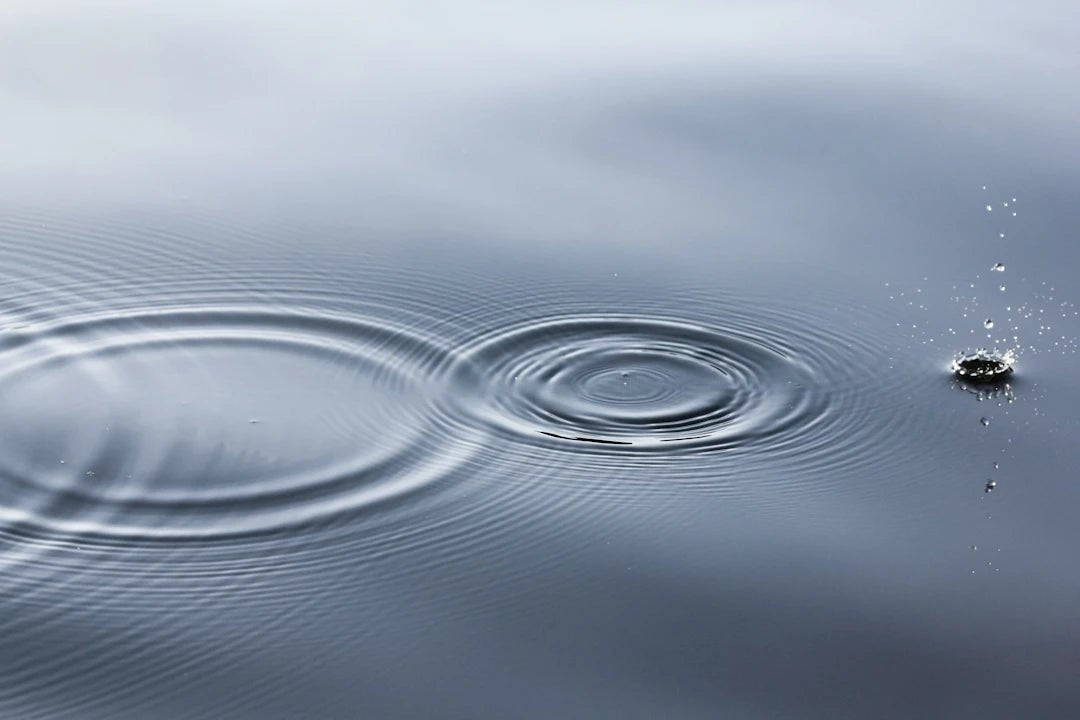Cost Analysis: Reverse Osmosis vs. Bottled Water
Frequently Asked Questions
1. What is reverse osmosis and how does it work?
2. What are the initial costs associated with installing a reverse osmosis system?
3. How does the cost of bottled water compare to a reverse osmosis system over time?
4. What are the environmental benefits of using a water filtration system instead of bottled water?
5. How can a reverse osmosis system improve my health?
For many Australians, staying hydrated is a priority. However, the way we source our drinking water and the costs associated with it can vary greatly. With the increasing awareness regarding the environmental impacts of plastic waste, many are making the switch from bottled water to more sustainable options, such as reverse osmosis systems. In this article, we’ll delve into the cost analysis of reverse osmosis versus bottled water, while highlighting the benefits of a water filtration system like the Rippl Pure.
Understanding Reverse Osmosis
Reverse osmosis (RO) is a water purification process that uses a semi-permeable membrane to remove impurities from water. It's widely regarded as one of the most effective water filtration methods available today. For those considering installing a reverse osmosis system, it's essential to understand not just how it works, but also the costs involved.
What Makes Reverse Osmosis Effective?
The effectiveness of a reverse osmosis system lies in its ability to remove contaminants, including chemicals, pollutants, and taste-impairing substances in your water supply. This process results in clean, purified water that is free from harmful impurities. A PAC Filter for Rippl Pure enhances this filtration process, offering an additional layer of purification.
Evaluating the Costs of Reverse Osmosis Systems
When considering a home installation of a reverse osmosis system, initial costs can be a concern for many Australians. The major costs involved typically include:
- Initial purchase and installation: Depending on the brand and setup, the initial cost can vary, but it generally ranges from $300 to $1,500 AUD.
- Maintenance: Regular maintenance is crucial for efficient filtration. While some systems may require a little upkeep, a PAC Filter for Rippl Pure is designed for longevity, contributing to lower maintenance costs.
- Replacement Filters: Replacing filters is part of the long-term upkeep. Filter costs vary, but on average, you may expect to spend around $100 AUD per year.
When you sum these costs over time, the investment in a reverse osmosis system becomes increasingly affordable, especially when compared to the continuous purchase of bottled water.
The Financial Reality of Bottled Water
Bottled water, though convenient, can lead to significant expenses over time. Australians who regularly buy bottled water often don’t consider the accumulative costs associated with purchasing. Here’s a breakdown of typical costs involved:
- Purchase Price: Depending on the brand, bottles may range from $2 to $3 AUD for a 1-liter bottle. If you're consuming only one bottle a day, that amounts to $730 to $1,095 AUD per year!
- Environmental Fees: Many may not realize that some jurisdictions may impose extra fees for the disposal and recycling of plastic bottles, further increasing costs.
- Quality Concerns: While some consumers opt for major brands believing they offer superior quality, not all bottled water is created equal. Some brands may not be as pure as advertised, leading to potential health risks without the benefits of a rigorous filtration system.
Comparative Analysis of Reverse Osmosis vs. Bottled Water
When comparing reverse osmosis systems to bottled water, consider not only the monetary costs but also the impact on your health and the environment.
Cost Efficiency
While initial investments for a water filtration system like Rippl Pure might seem steep, the annual cost savings can rapidly tip the balance in favor of reverse osmosis. Here’s a summary:
If you invest in a reverse osmosis system and consider long-term costs, in five years, the savings compared to buying bottled water can be substantial:
- Reverse Osmosis System: Approx. $500 (for parts and maintenance) over five years.
- Bottled Water: Approx. $3,650 (one bottle a day at an average of $2 per bottle).
As seen here, opting for a reverse osmosis water filtration system proves to be the more cost-effective choice over time.
Health Benefits
Another aspect to consider is health and safety. Reverse osmosis systems, particularly when using a PAC Filter for Rippl Pure, remove a high percentage of contaminants found in tap water and eliminate the risk of harmful bacteria associated with bottled water. This way, you’re not only saving money but also ensuring that your family has access to clean, safe drinking water.
The Environmental Impact
One of the major points of criticism directed at bottled water is its impact on the environment. The production and disposal of plastic bottles contribute massively to landfill waste and carbon emissions. By utilizing a water filtration system, you help reduce plastic waste and the carbon footprint associated with bottled water transportation.
Benefits of Transitioning to a Water Filtration System
Switching to a reverse osmosis system comes with numerous benefits, including:
- Environmental Stewards: By adopting a water filtration system, you're making a positive environmental choice, reducing reliance on single-use plastics significantly.
- Always Fresh: You can ensure you're drinking fresh and safe water without the risk of contamination over time, a common issue with bottled options.
- Customizable Solutions: Many systems can be tailored to filter specific contaminants based on your region's water quality.
Improving Your Hydration Strategy with Rippl Pure
Investing in Rippl Pure provides the ultimate hydration solution for Australian households looking to enhance their water consumption strategy. With advanced filtration technologies, ongoing research, and a commitment to sustainability, Rippl Pure is designed for health-conscious consumers.
Choosing the Right System
Before purchasing, it’s important to assess your water quality, home water needs, and whether a PAC Filter for Rippl Pure would be the right addition to your water filtration system. Understanding your specific requirements can help you select the most effective purification method while maximizing cost efficiency.
Making the Switch
If you're ready to transition from bottled water to a more sustainable option like reverse osmosis, the first step is to educate yourself. Research solutions, reach out to professionals, and evaluate your home needs. By transitioning to a water filtration system, not only are you saving money and protecting your health, but you’re also contributing to a healthier planet.
Final Thoughts: A Hydrated Future Awaits
The decision between reverse osmosis and bottled water isn't just financial; it’s about health, sustainability, and making an informed choice for the future. As rates of bottled water consumption continue to rise, mitigating environmental damage while staying hydrated is crucial. As an Australian consumer, choosing a water filtration system can be your way of participating in a broader movement toward sustainability. Embrace refreshing, clean water, invest in your health, and help protect the beautiful environment around you—one sip at a time!



